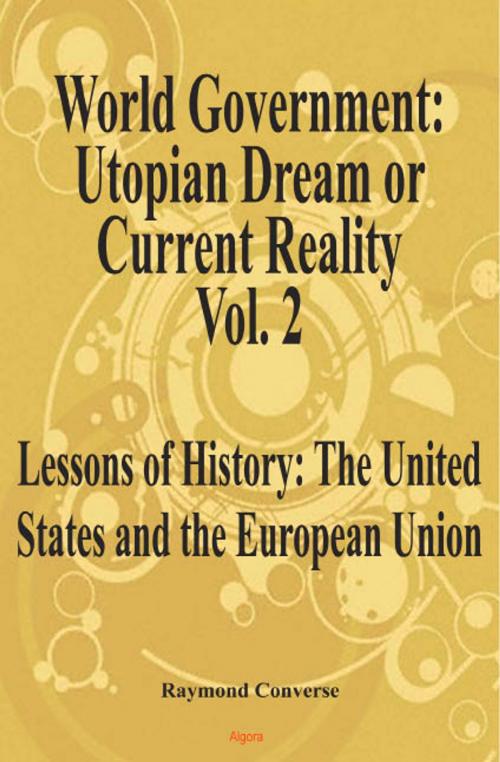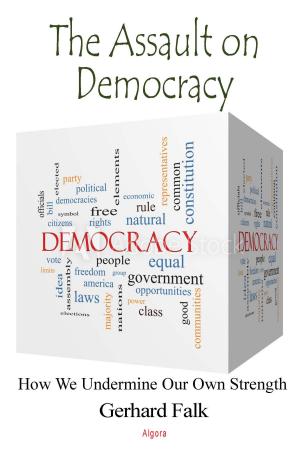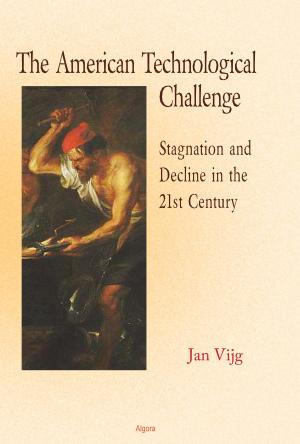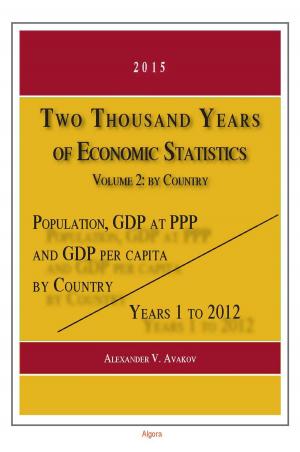World Government - Utopian Dream or Current Reality? Vol. 2
Lessons of History: The United States and the European Union
Nonfiction, Social & Cultural Studies, Political Science, International| Author: | Raymond W. Converse | ISBN: | 9780875868301 |
| Publisher: | Algora Publishing | Publication: | December 15, 2009 |
| Imprint: | Algora Publishing | Language: | English |
| Author: | Raymond W. Converse |
| ISBN: | 9780875868301 |
| Publisher: | Algora Publishing |
| Publication: | December 15, 2009 |
| Imprint: | Algora Publishing |
| Language: | English |
As globalization gains speed and as its benefits and also its costs become more apparent, the author sketches out some of the conditions that could, eventually, make for a better life for all. The author follows the evolution of the political system of the US, in particular analyzing the Declaration of Independence, the Constitution, and the Bill of Rights, to trace how and when the rights of the general government, States' rights, and individual rights were addressed, and he draws comparisons and contrasts to the way the United Nations and the European Union have handled questions of national sovereignty vs. collective rights and obligations on the one hand, and human rights on the other.
Beginning where Volume 1 left off, this book considers some of the ways such a union might be managed for the greatest good. He posits that for such a union to succeed, all nations will either be representative democracies or will convert to the use of representative democracy within a reasonable time after joining the world union. At the same time, a general sense of security, based on international disarmament, would be a prerequisite.
Lastly, the author concludes that a meaningful liberal education is necessary to prepare individuals for their role as politically, economically, and socially informed citizens.As globalization gains speed and as its benefits and also its costs become more apparent, the author sketches out some of the conditions that could, eventually, make for a better life for all. The author follows the evolution of the political system of the US, in particular analyzing the Declaration of Independence, the Constitution, and the Bill of Rights, to trace how and when the rights of the general government, States' rights, and individual rights were addressed, and he draws comparisons and contrasts to the way the United Nations and the European Union have handled questions of national sovereignty vs. collective rights and obligations on the one hand, and human rights on the other.
Beginning where Volume 1 left off, this book considers some of the ways such a union might be managed for the greatest good. He posits that for such a union to succeed, all nations will either be representative democracies or will convert to the use of representative democracy within a reasonable time after joining the world union. At the same time, a general sense of security, based on international disarmament, would be a prerequisite.
Lastly, the author concludes that a meaningful liberal education is necessary to prepare individuals for their role as politically, economically, and socially informed citizens.














